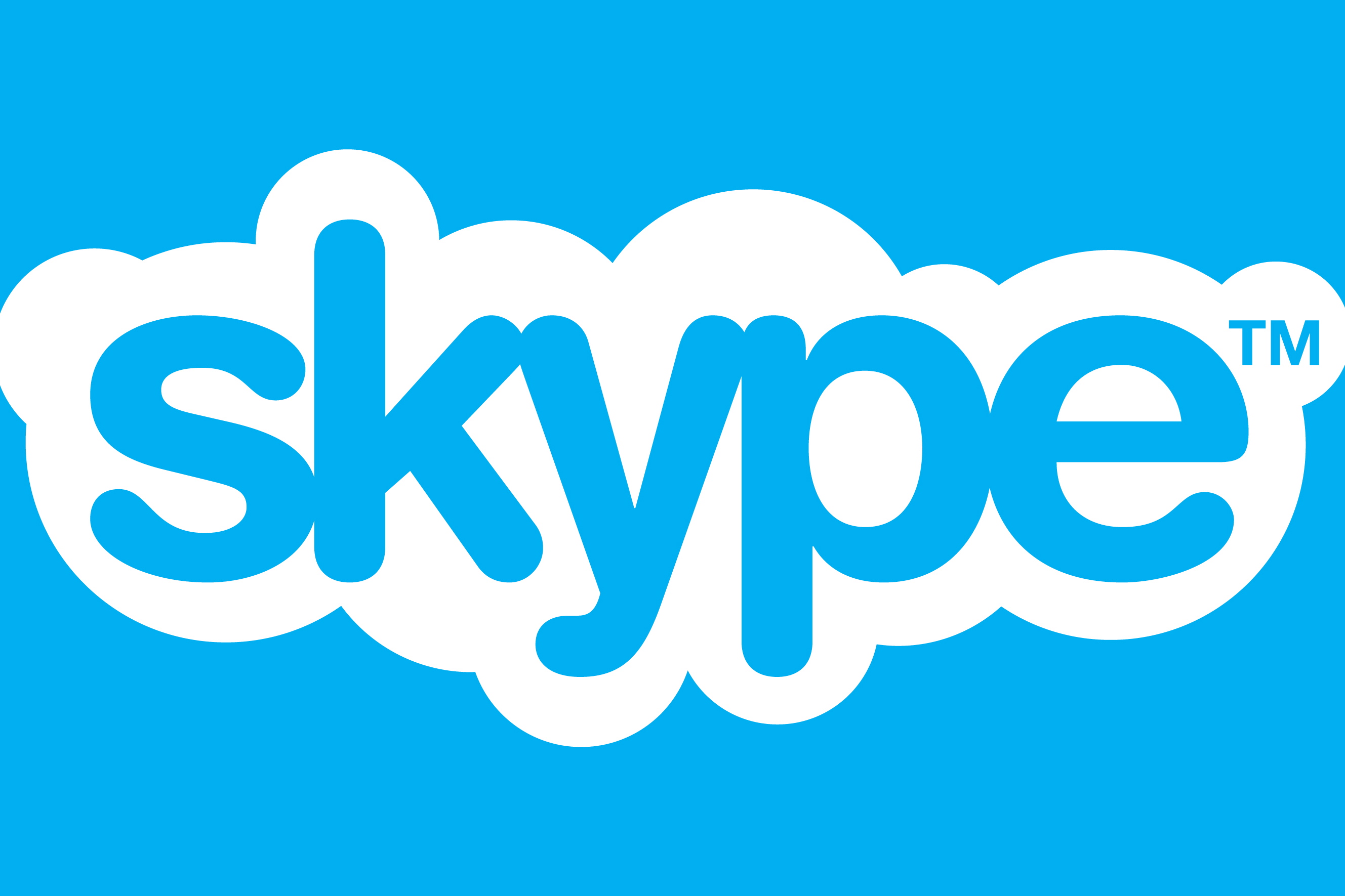Rebtel muses on future of mobile operators as data demands soar
Mobile VoIP service provider claims falling margins could prompt operators to call it quits on voice.

Shrinking margins on calls and text messages will prompt mobile operators to turn their backs on voice services and concentrate on mobile data instead.
This is the view put forward by Andreas Bernstrm, chief executive of mobile VoIP service provider Rebtel, who told IT Pro the days when operators could make 3,000 per cent margin on a phone call are well and truly gone.
"There is lots more competition and the margins [operators] used to make on messaging and voice are just not there," he said.
I think we're going to see a faster switch to data-based business models from now on.
"At the same time, the demand for mobile data is doubling every year and they need to build out their infrastructure [to take advantage] of that."
Bernstrm said operators are already responding to this trend, but claims we can expect to see them moving out of the voice and minutes space faster than before.
"They've been holding on with gritted teeth...but I think we're going to see a faster switch to data-based business models [from them now]...and in the long-term that should prove to be a good business move for them."
Get the ITPro daily newsletter
Sign up today and you will receive a free copy of our Future Focus 2025 report - the leading guidance on AI, cybersecurity and other IT challenges as per 700+ senior executives
Rebtel allows end users to make low cost international calls using their smartphones and PCs, and claims to be the world's second largest mobile VoIP provider after Skype.
The firm's customers can also make free mobile calls to other Rebtel users.
Bernstrm said the company's services are becoming increasingly popular with business users, particularly SMBs and start-ups, because of how cheap it is to use.
"We're considerably cheaper than Skype...and their mobile solution is a little clunkier [than Rebtel's], because it was built for PCs and then transferred to mobiles," he said.
"We can use telephone numbers and names, which is what people have stored in their [mobile] phonebooks, [whereas] Skype uses a buddy list. If I want to get in touch with someone, I need to know what their Skype ID is and that can hold [communications] up."
Bernstrm has some sympathy for its arch-rival, following its recent security scare, which prompted Skype to suspend its password reset function over concerns it could be used to by hackers to hijack users' accounts.
"We are all digital companies that are storing bits of data that can be very personal in nature...Skype is enormous, so there's always going to be a lot of interest [in hacking it]," he said.
"We encrypt our data...but we also try to hold very little information about our customers.
So, if we were hacked, there's a limit to the amount of damage that could be done," he added.
-
 Bigger salaries, more burnout: Is the CISO role in crisis?
Bigger salaries, more burnout: Is the CISO role in crisis?In-depth CISOs are more stressed than ever before – but why is this and what can be done?
By Kate O'Flaherty Published
-
 Cheap cyber crime kits can be bought on the dark web for less than $25
Cheap cyber crime kits can be bought on the dark web for less than $25News Research from NordVPN shows phishing kits are now widely available on the dark web and via messaging apps like Telegram, and are often selling for less than $25.
By Emma Woollacott Published
-
 How to delete a Skype for Business account
How to delete a Skype for Business accountIn-depth Everything you need to know about deactivating the communications service aimed at businesses
By Keumars Afifi-Sabet Published
-
 Microsoft kills off Skype WiFi
Microsoft kills off Skype WiFiNews Small businesses may need to find another Wi-Fi option
By Clare Hopping Published
-
 Skype celebrates 10th birthday with 3D video calling announcement
Skype celebrates 10th birthday with 3D video calling announcementNews Microsoft VoIP service confirms it is looking to make 3D video calls a reality.
By Jane McCallion Published
-
 Yahoo!, Tumblr and the $1.1bn gamble
Yahoo!, Tumblr and the $1.1bn gambleIn-depth Is Yahoo!'s big Tumblr gamble a bold move of genius, a security policy for the future, or an expensive folly? Simon Brew takes a look...
By Simon Brew Published
-
 Microsoft hit with second Skype patent suit
Microsoft hit with second Skype patent suitNews CopyTele alleges VoIP service encryption systems infringe its IP.
By Jane McCallion Published
-
 Skype scoops up international voice traffic
Skype scoops up international voice trafficNews VoIP service leaves traditional international voice call carriers for dust.
By Jane McCallion Published
-
 Confusion reigns over Microsoft's Windows Messenger retirement plans
Confusion reigns over Microsoft's Windows Messenger retirement plansNews Reports suggest the firm will start winding down service from March, but will not be switching it off completely for another 12 months.
By Jane McCallion Published
-
 Skype takes wraps off SMB networking platform
Skype takes wraps off SMB networking platformNews VOIP provider repackages classroom offering for the workplace.
By Jane McCallion Published